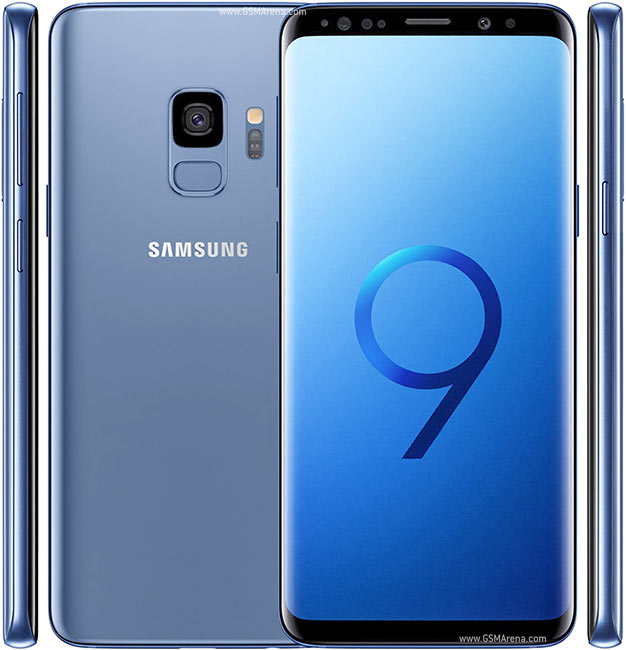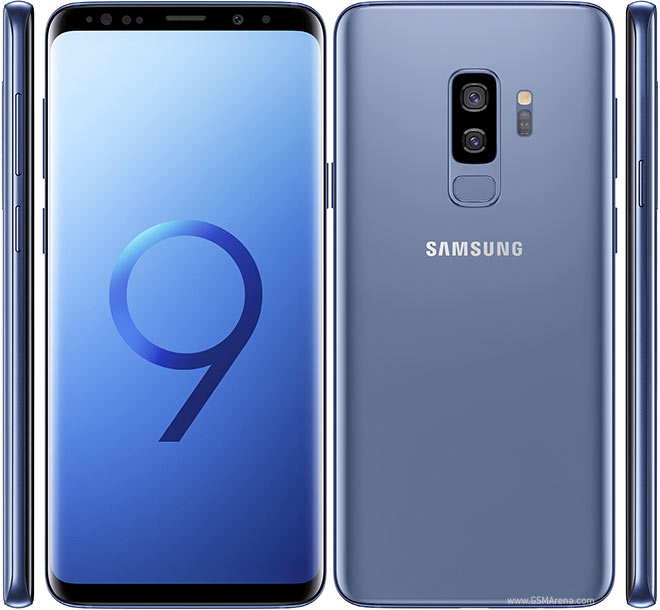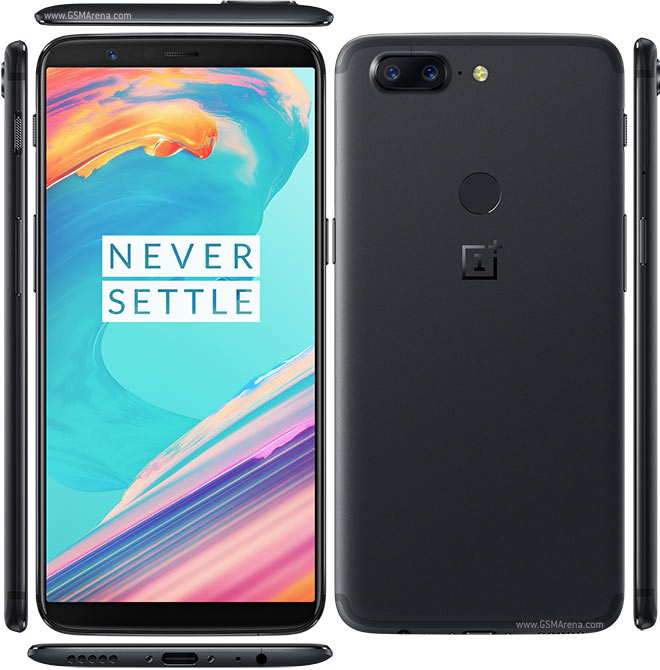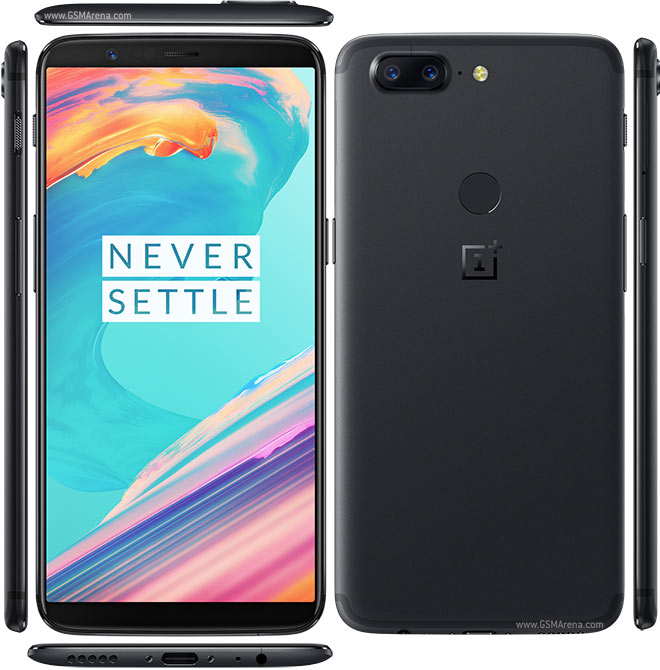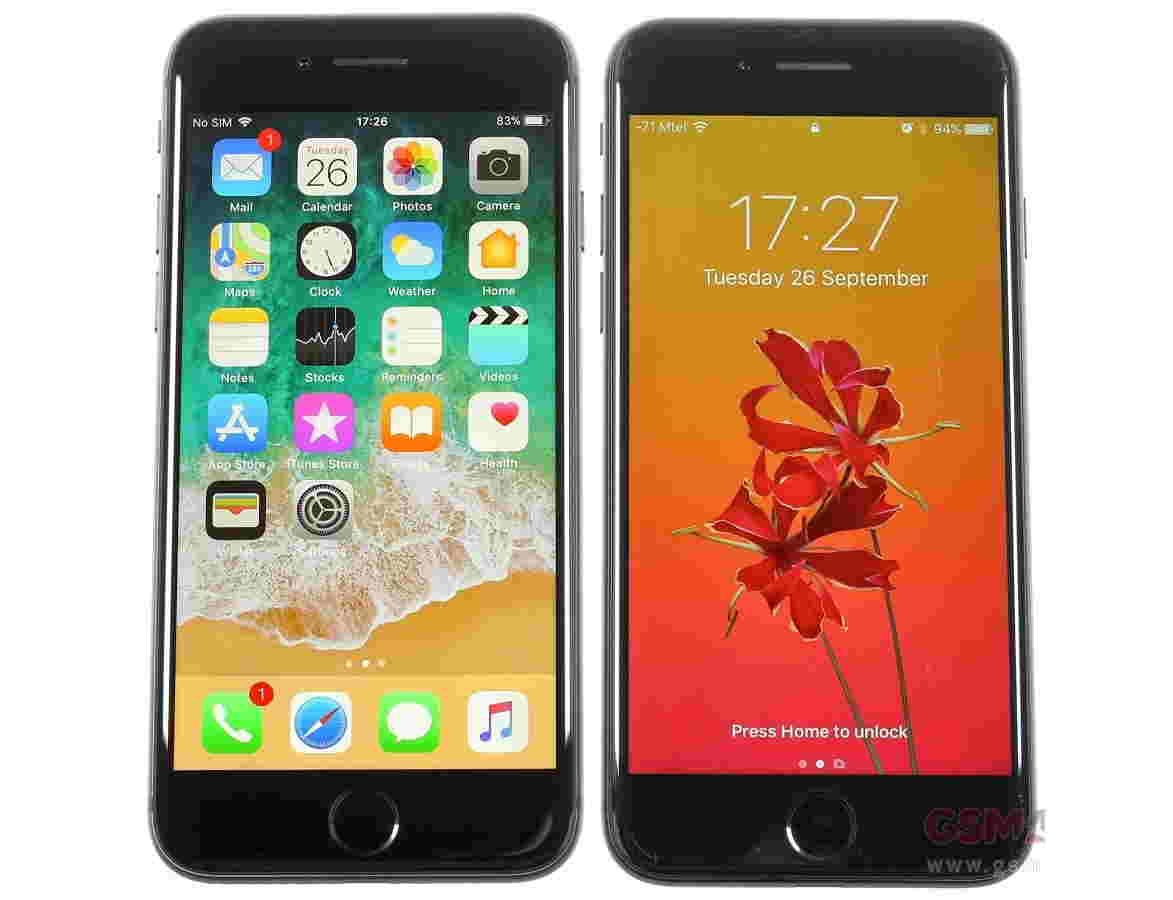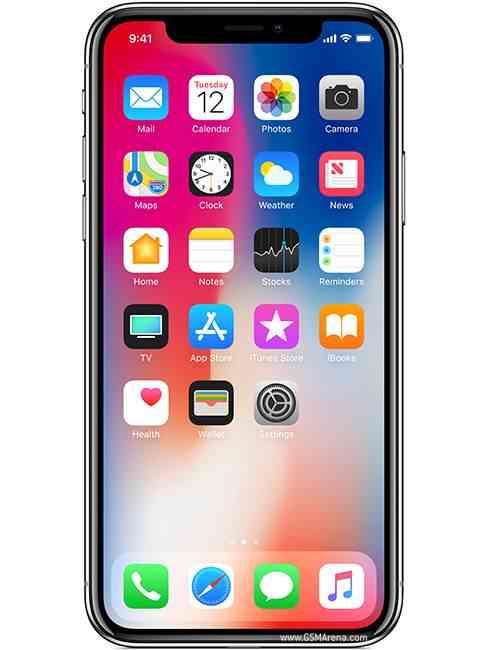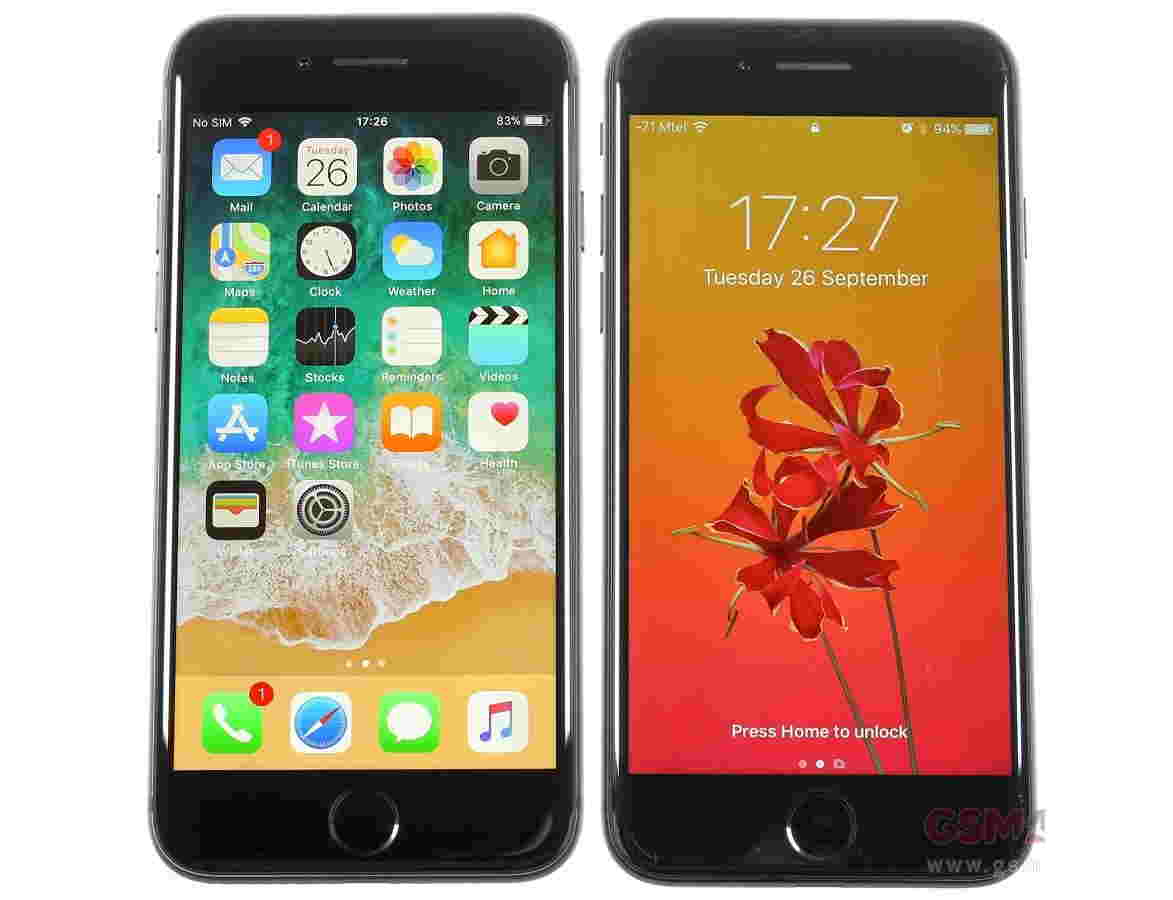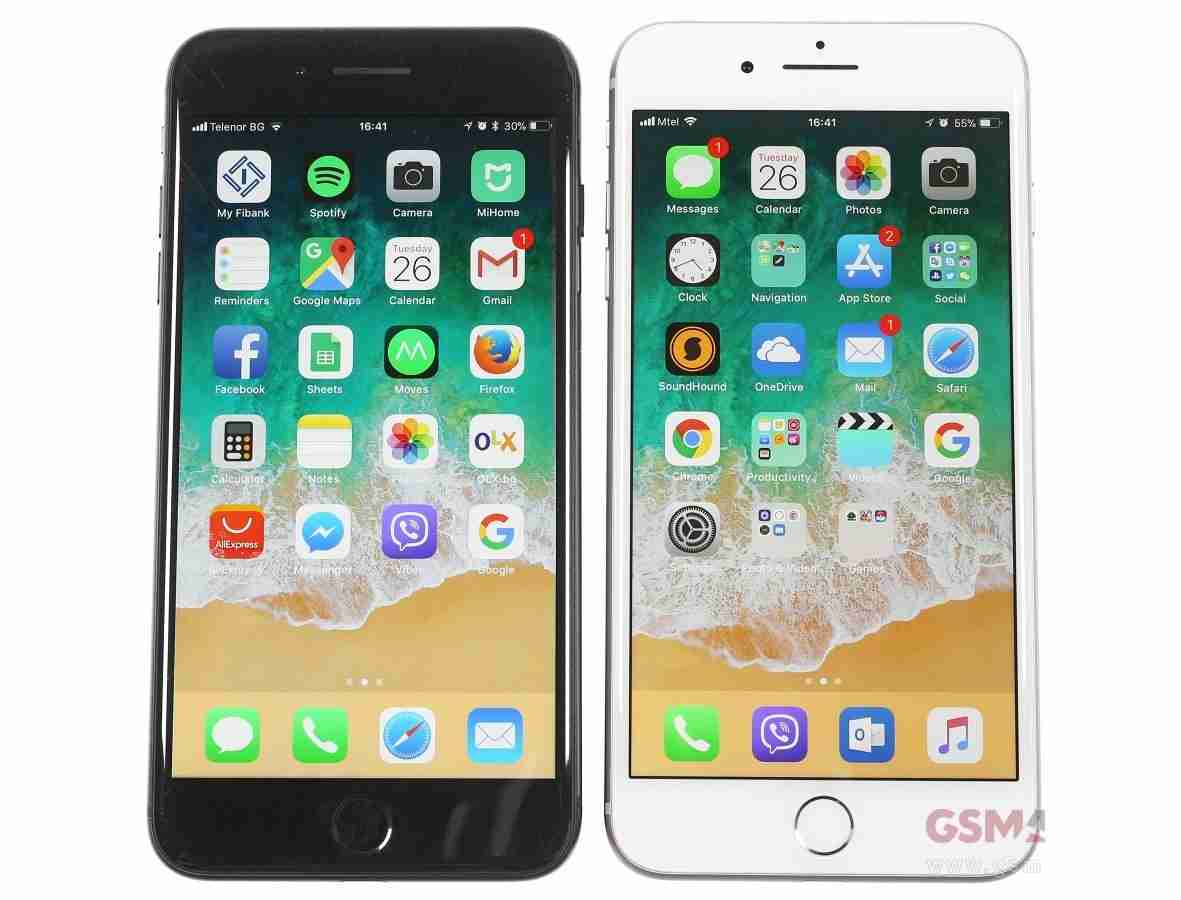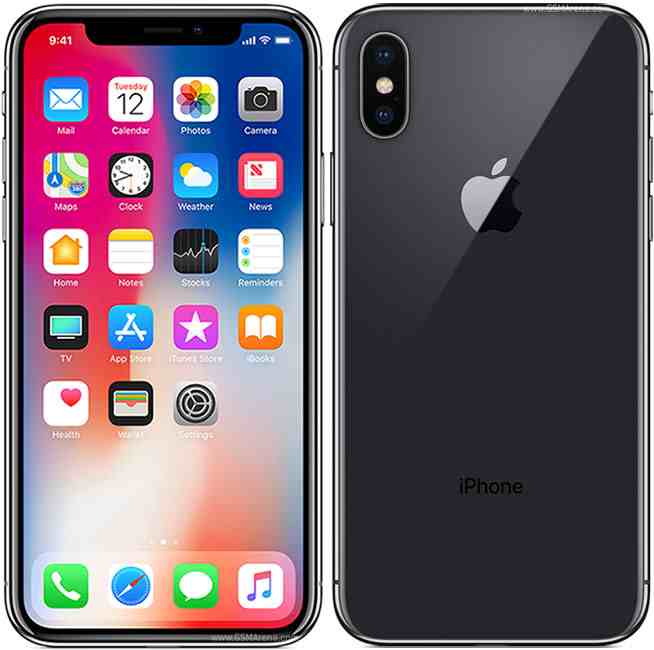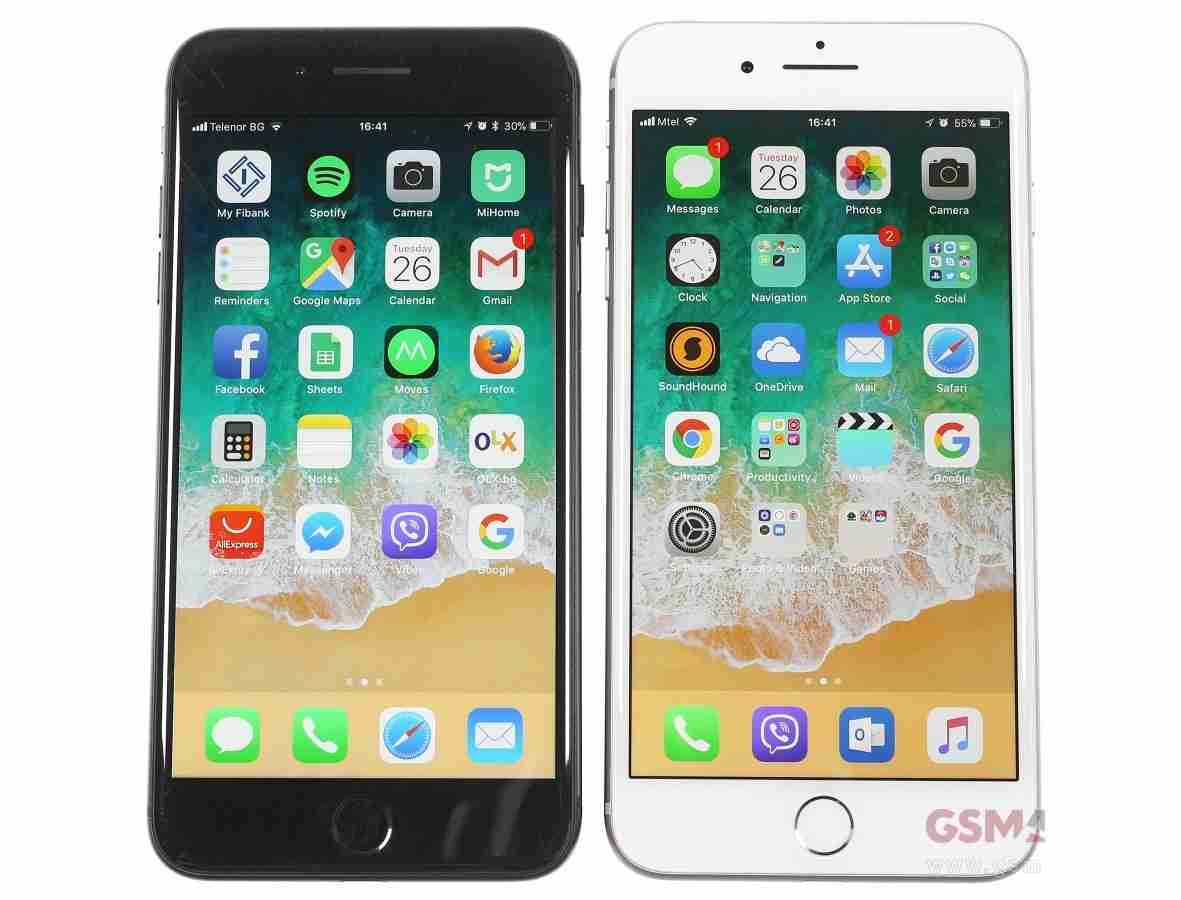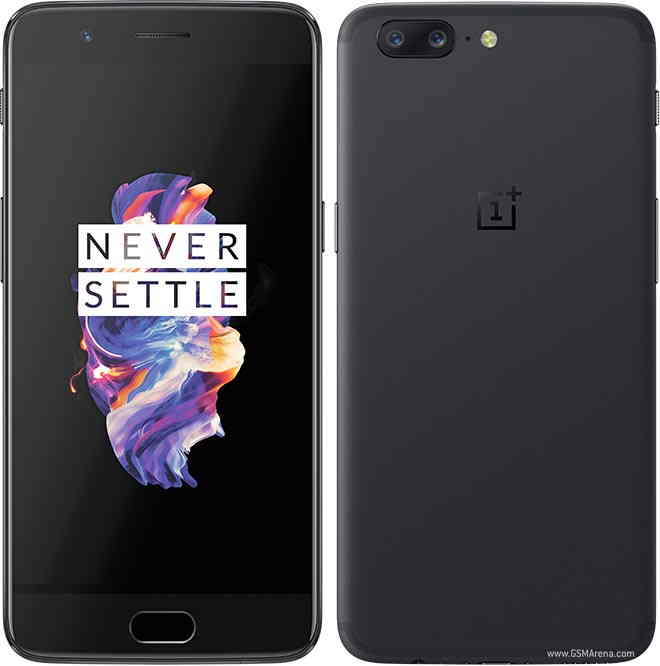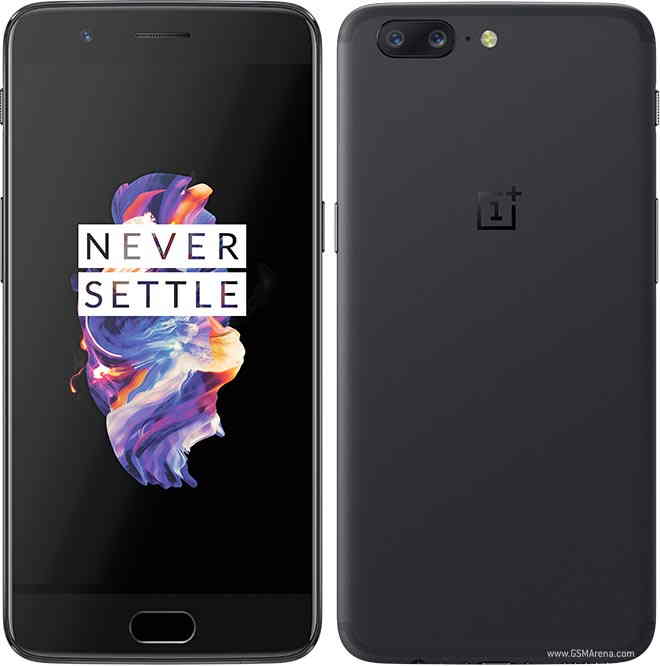
When most people hear “Rosetta Stone” they probably think of the ancient stone slab created in 195 B.C. and discovered in 1799 by the French (and then surrendered to the British).
This physical stone was critical in being able to understand ancient Egyptian hieroglyphs as it had the same text inscribe in hieroglyphic script, Demotic script, and Ancient Greek.
But we're not here to talk about ancient history.
We’re here to talk about the software known as Rosetta Stone.
What is Rosetta Stone?
As you can probably guess, the language software takes its name from the physical stone itself.
Of course, that’s where their similarities end. Unlike the original stone, its namesake software offers much more powerful tools for learning multiple languages.
Here’s everything you need to know about the Rosetta Stone software.
Rosetta Stone: History
Officially called Rosetta Stone Language Learning, the software was initially released in 1992, making it one of the first–and certainly most well-known–language software. Over the years, the company behind Rosetta Stone has scored some very high-profile partnerships thanks to the respect the app has garnered.
One of its highest-profile clients includes the United States Army. The company issued a special language pack in Arabic which included a host of military terms to help troops deployed in the Middle East.
Speaking of language packs, it’s important to note that Rosetta Stone isn’t a single app that includes all supported language guides. Users have to download the app and then pay for and download associated language packs, depending on which language they want to learn (French, for example).
Rosetta Stone: Dynamic Immersion
Rosetta Stone has been hailed for its innovative teaching technique. This is a proprietary technique the company created and is referred to as “Dynamic Immersion”. The method uses images, text, and sound to teach words and grammar, without translation. In other words, users won’t see the French word for “cat” followed by the English translation. They will only see the French word for cat (“chat”) along with a picture of a cat and an audio pronunciation of the same word.
Rosetta Stone boasts that it's their proprietary immersive technique that is the reason so many people have found success with their software.
Rosetta Stone: Language Support
As of the time of this writing, Rosetta Stone supports 28 languages. This include Arabic, Chinese (Mandarin), Dari, Dutch, English, English (British), Filipino (Tagalog), French, German, Greek, Hebrew, Hindi, Indonesian, Irish, Italian, Japanese, Korean, Latin, Pashto, Persian (Farsi), Polish, Portuguese (Brazil), Russian, Spanish, Spanish (Spain), Swahili, Swedish, Turkish, Urdu, and Vietnamese.
Rosetta Stone: Platform Support
Rosetta Stone started off by being a PC desktop application. In recent years, with the advent of mobile computing, they’ve expanded their platform support to iOS and Android as well.
To use Rosetta Stone on a desktop you’ll need a PC running Windows 7, Windows 8, Windows 10 or higher; or a Mac running Snow Leopard, Lion, Mountain Lion (OS X 10.6 or higher). You’ll also need a supported web browser, which is Internet Explorer 7, Firefox 4, Safari 5, Chrome 11 or greater.
The company also offers an app for iPhone, iPad, and Apple Watch; and apps for Android tablets and smartphones via the Google Play and Amazon Appstore.
Rosetta Stone: Cost
Online desktop Rosetta Stone language packs cost around £220 on up for six-month courses.
If you buy a language pack via in-app purchase in Rosetta Stones mobile apps, you can expect to pay around £200 for a five-level course.






